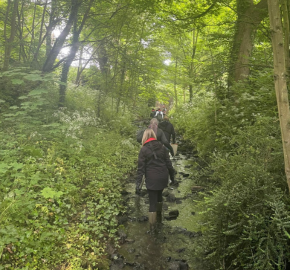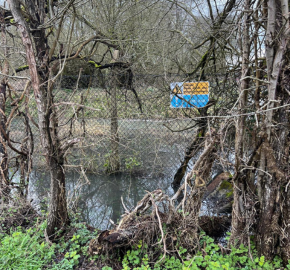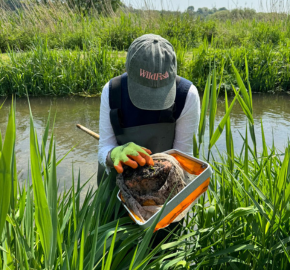
We’re helping to fill the national monitoring gap in UK rivers
Invertebrates are collected from rivers in spring and autumn using the industry standard three-minute kick sweep sample. They are preserved and identified to species level, where possible, under a microscope.
Individual species have varying tolerances to certain pressures. The impact of organic pollution, nutrient enrichment, sediment, chemicals and flow stress on a river can be assessed with SmartRivers monitoring.
Invertebrate communities are a key component of a river’s food web. Loss of invertebrates indicates the loss of species such as salmon, otters and kingfishers from the ecosystem.












